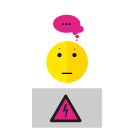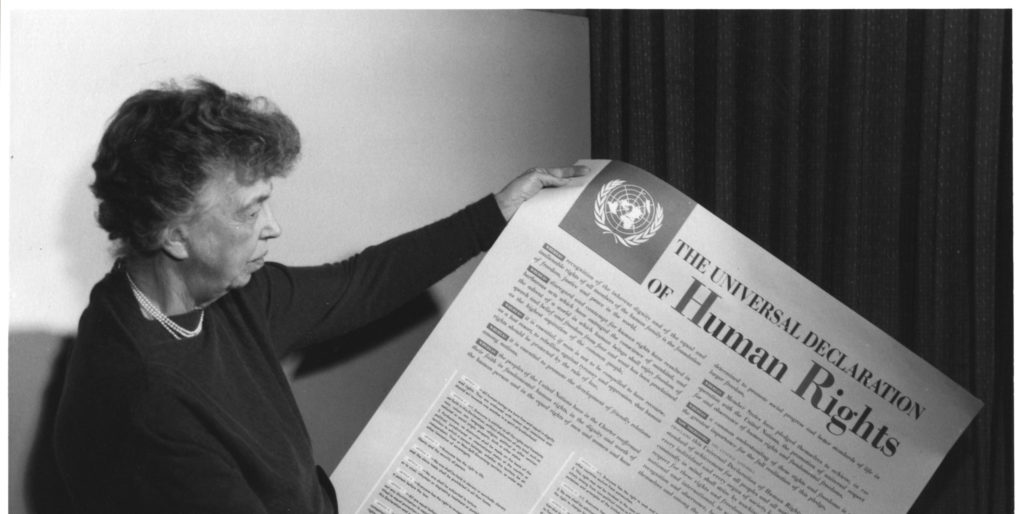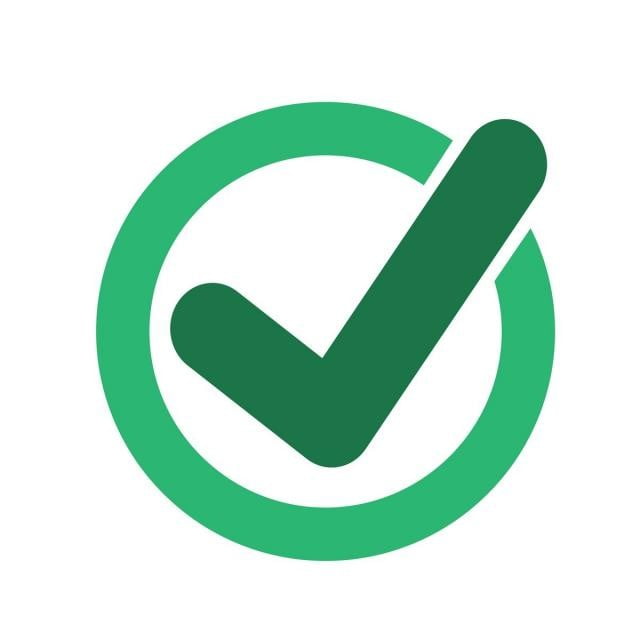The media’s capacity to hold power to account depends largely on its ability to publish truthful stories and earn the trust of the public. However, mis- and disinformation are becoming increasingly widespread, which is having a wider impact upon media credibility and media literacy.
Mis- and disinformation challenge the very nature and purpose of journalism. For some societies, an absence of truth and eroding trust in the press can be a matter of life and death. Journalists are needed on the frontlines for the fight against ‘fake news’, because not only is their profession at stake, but the lives and wellbeing of citizens are too.
This Truth and Trust category is packed with crucial definitions, examples, tips and recommendations that journalists can take on board to equip them for the new challenges posed by a rapidly-developing online media landscape.

‘Fake news’ is a hot topic nowadays, but do we really know what we mean when we cry ‘fake news’? Browse this page for key definitions, advice on how to debunk myths/falsehoods and important resources from UNESCO the European Commission and more.

How can journalists ensure that their work remains principled? This, among other important questions, are dealt with in this section. Find out why ethical standards are so important for the press and discover how ethical standards can be adhered to during conflict.

Media literate citizens are better able to navigate the digital disinformation era. In order to improve media literacy, the media itself needs to pave the way. Explore ways in which the media can promote critical engagement and read about Free Press Unlimited’s efforts to improve media literacy for young people.

Do you know how to effectively debunk falsehoods? Check out this page for best fact-checking practices and the pitfalls you should avoid when countering mis- and disinformation.
